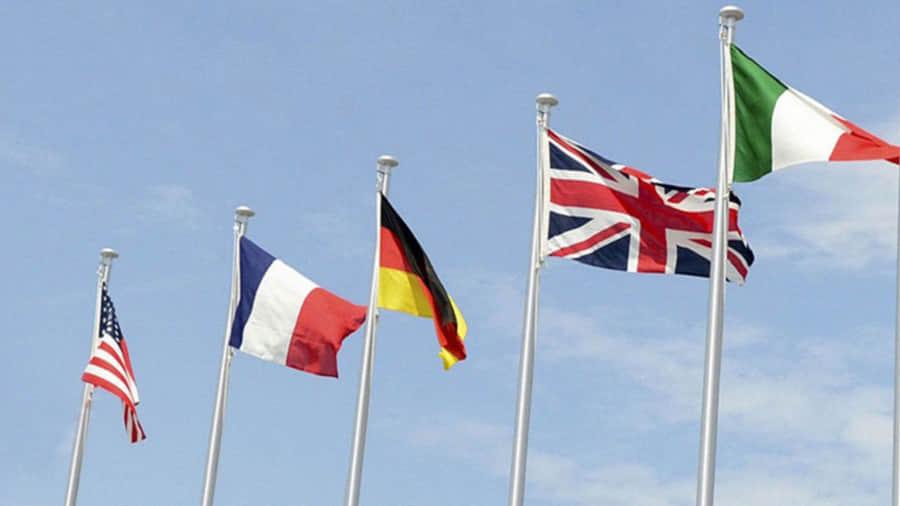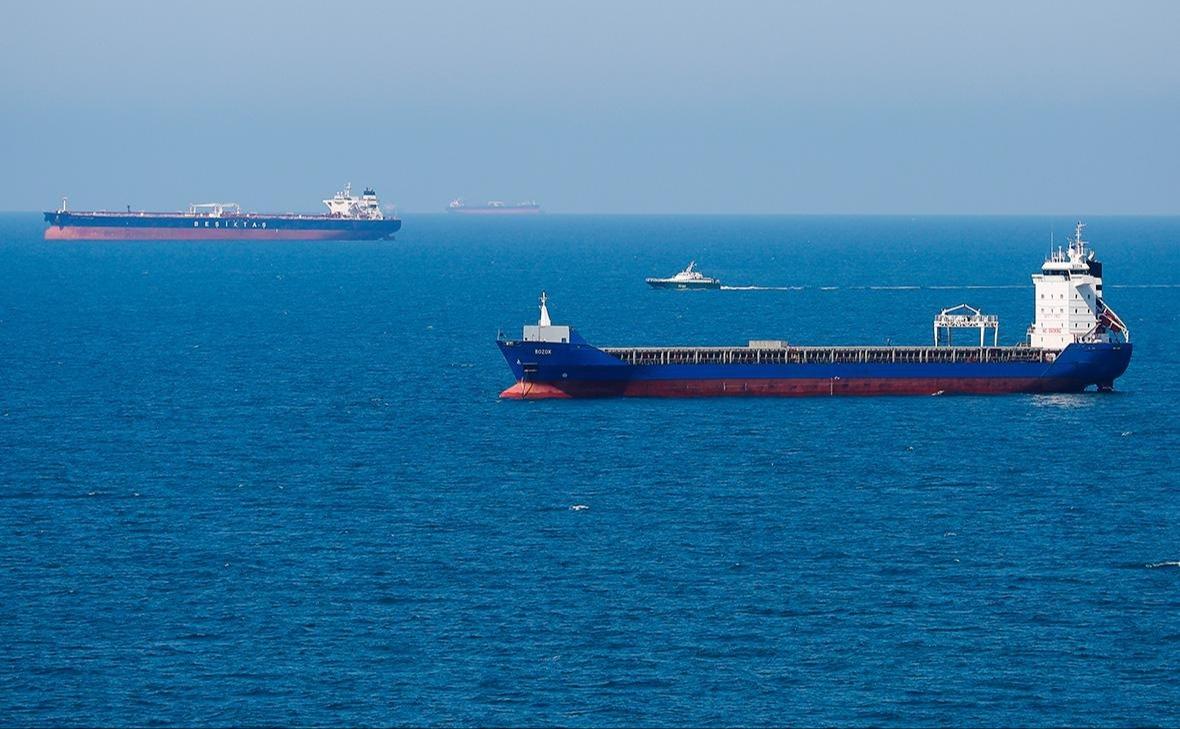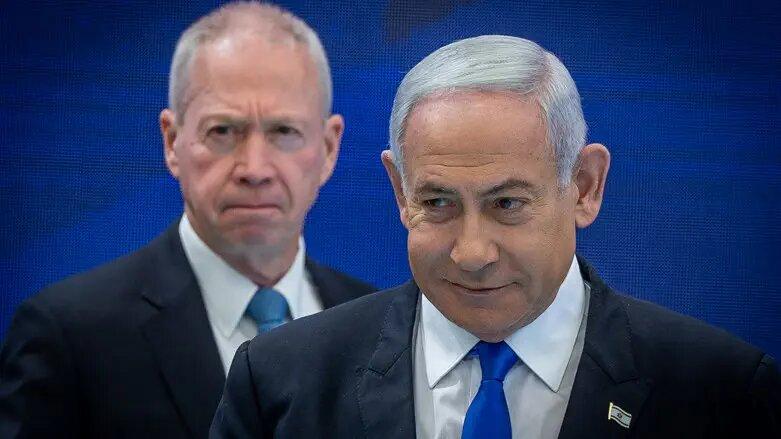Middle East on edge: Iranian military readiness echoes April's tensions Global and regional responses intensify
Recent reports suggest that Iranian military activity has intensified to levels comparable to those observed before the April attack on Israel.
Unnamed Israeli and U.S. officials told American media that Iran has significantly advanced its preparations, particularly in missile and drone units, Caliber.Az reports.
These moves are reminiscent of the build-up seen prior to the April assault, though the exact timing of any potential new attack remains unclear.
US and Israeli preparations for possible Iranian attacks
The United States, in anticipation of a possible series of Iranian attacks, is ramping up its readiness. John Kirby, the White House National Security Council Coordinator for Strategic Communications, conveyed in an online briefing that the U.S. shares Israel's concerns regarding imminent attacks, potentially occurring within the week. Kirby noted that while the precise nature of the attacks remains uncertain, the U.S. has increased its military presence and capabilities in the region over the past few days to counter the threat.

In parallel, Israel is on high alert. Brigadier General Daniel Hagari, IDF spokesperson, addressed the media amid heightened concerns of potential Iranian and Hezbollah attacks. During a live broadcast, Hagari emphasized that, although there have been no changes to the Home Front Command's v policies, the IDF is actively monitoring threats and has escalated patrols and intercepts. He assured the public that any necessary changes to the instructions would be communicated promptly. The IDF is preparing for both offensive and defensive operations in alignment with government directives and aims to ensure the security of Israeli citizens.

International diplomatic reactions and calls for de-escalation
The international community has voiced significant concern over the escalating situation. A joint statement issued by Britain, France, Germany, Italy, and the United States, and distributed by the White House, underscores a collective stance against Iran’s threats. The statement expresses support for Israel’s v against Iranian aggression and Iranian-backed terrorist groups. It urges Iran to cease its threats of military action and highlights the serious regional security implications of such an attack. Additionally, the statement supports efforts to de-escalate tensions in the Gaza Strip and seeks an agreement for the release of hostages held by Hamas.

Italian Foreign Minister and Deputy Prime Minister Antonio Tajani, reflecting on discussions with his Iranian counterpart, acknowledged the inevitability of Iran’s response but cautioned against exacerbating the situation, particularly regarding civilian safety. Tajani stressed that while Iran’s stance is uncompromising, continued diplomatic pressure remains crucial for achieving a resolution.

Regional measures and sanctions against Iranian assets
In a notable development, Israel has imposed sanctions on 18 Iranian tankers, marking the first instance of such measures in the country’s history. These tankers, used by Iran’s Quds Force to transport oil to Syria and sell it internationally, are alleged to fund groups such as Hezbollah, Hamas, and the Houthis. Israeli media reports, citing government officials, reveal that some tankers are involved in transporting oil from various countries, not just Iran. The Israeli National Bureau for Combating Terrorist Financing plans to collaborate with U.S. and European partners to persuade shipping companies to avoid servicing these sanctioned tankers. This action is intended to disrupt the financial flow to these groups.

Regional airspace security measures
In response to the escalating tensions, Jordan and Saudi Arabia have taken proactive measures to safeguard their airspace. Both nations have informed the Pentagon that they will not permit Iranian or Israeli aircraft to use their airspace and are prepared to intercept any unauthorized aircraft. This decision aims to prevent any potential conflict from spilling over into these countries and to ensure that regional tensions do not escalate further.

Many airlines are revising their schedules to avoid Iranian and Lebanese air space while also calling off flights to Israel and Lebanon as many fear a possible broader conflict after the killing of senior members of armed groups Hamas and Hezbollah.
Domestic Israeli political tensions and criticisms
Domestically, Israeli Prime Minister Benjamin Netanyahu has strongly criticized Defense Minister Yoav Gallant following remarks that Netanyahu viewed as undermining Israel’s stance. Netanyahu accused Gallant of adopting an anti-Israel narrative, arguing that such comments jeopardize efforts to secure a deal for the release of abductees. The Prime Minister emphasized that Israel’s focus must be on achieving a decisive victory by dismantling Hamas' military and administrative capabilities and ensuring the release of hostages.

In response to these criticisms, Netanyahu clarified that he does not intend to dismiss Gallant, understanding that defence ministers are not typically changed during wartime. Despite the heated rhetoric, Netanyahu reaffirmed the government’s commitment to its military objectives and overall strategy.
The situation remains dynamic and fraught with tension, as military readiness, international diplomatic efforts, and domestic political disputes collectively shape the evolving landscape in the region.








